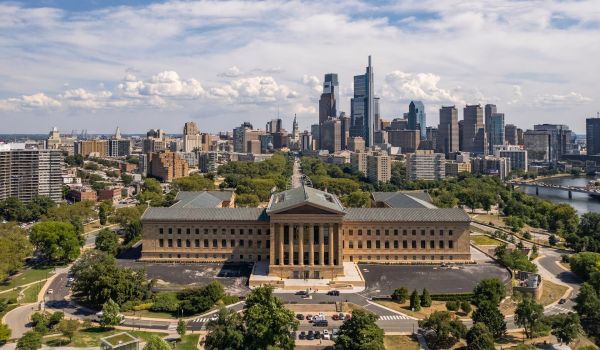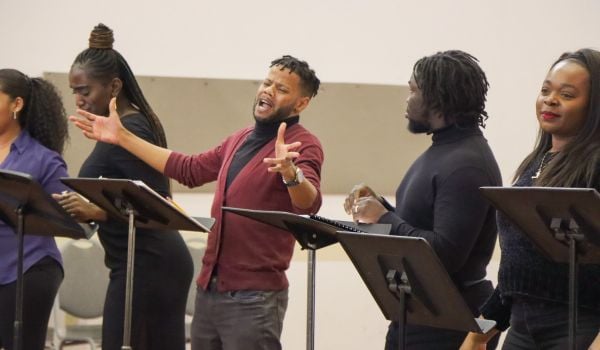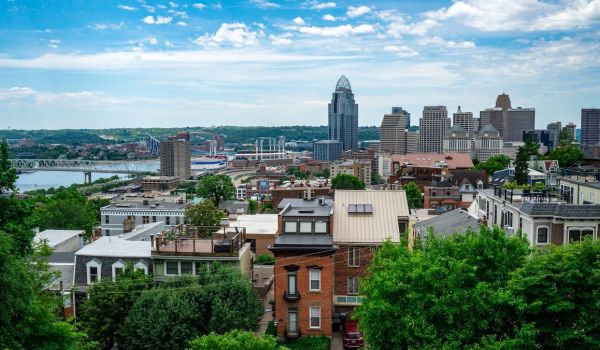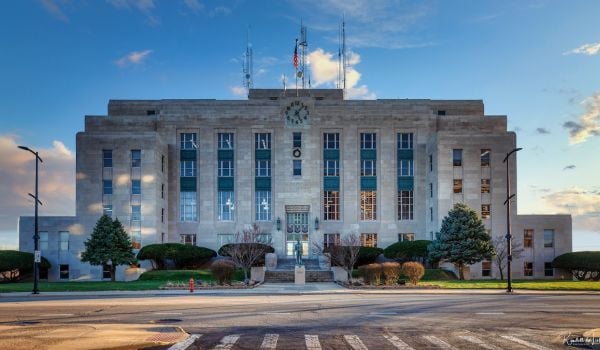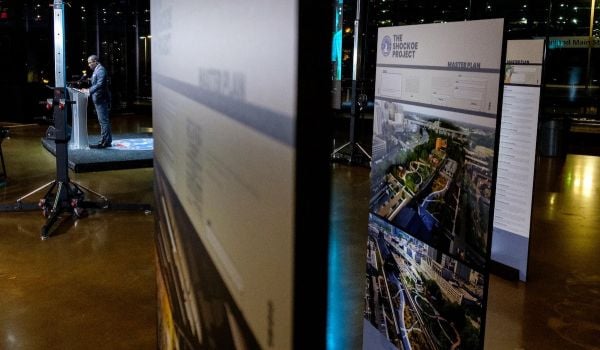Two decades since its founding changed information-sharing on the internet, Wikipedia is still perceived as the “closest thing to an online public square,” as Richard Cooke put it recently for Wired. That perception is frustrating for Wiki contributors who know how the site fails to represent the world it’s supposed to define. Researchers at the Wikimedia Foundation estimate that, globally, fewer than 16 percent of Wikipedia contributors identify as female. Only about 18.6 percent of Wikipedia biographies are about women, according to gender gap watchdog Denelezh.
Crowdsourcing groups are stepping up their efforts to address Wikipedia’s racial disparities. There aren’t many numbers on the overwhelming percentage of white writers and subjects on the site, but the imbalance is well-known. AfroCROWD works with the likes of New York City’s Schomburg Center for Black Culture and professors from NYU and the New School to help fill the void, by recruiting Wikipedia contributors who add articles about Black history in many languages.
“How many opportunities do we have to change what shows up on the first page of Google?,” says Jaison Oliver, one such Wiki user. “ I found that a major figure in the art world, Dr. Alvia Wardlaw, had no Wikipedia page. So I made it,” Oliver says. “I learned that she is the first Black PhD in Art History from the University of Texas and was a curator at the Museum of Fine Arts Houston for over a decade before moving to the University Museum at Texas Southern University. I was so excited to surprise her with the news about her page after a talk she gave in Houston.”
Oliver became the U.S. South Regional ambassador for Art+Feminism, whose staff has promoted edit-a-thons to counter Wikipedia’s gender imbalance in the art world since 2014. These gatherings are part-demonstration, part work-date; people sit together at museums or libraries to write and edit Wikipedia articles on a certain subject for a set period of time. This month, edit-a-thons focused on the pages of Black women artists and BIPOC leaders went virtual to prevent the spread of COVID-19. One such virtual event hosted by The National Museum of Women in the Arts and Wikimedia D.C., with A+F as a partner, brought more volunteers than any of the previous 6 edit-a-thons hosted by NMWA.
AfroCROWD used remote edit-a-thons to welcome participants from around the world before the pandemic hit. But the shift to virtual from in-person events has been sizable. Daylong edit-a-thon events, like one A+F hosted at MOMA in New York City last March— where a dismal 11 percent of the collection upstairs was the work of female artists — offered childcare for participants. Another session at the Hammer Museum in Los Angeles focused on women in film. Artists and filmmakers had their photos taken for Wikimedia Commons at a free photo booth. Groups like Black Lunch Table and Press Press joined events across the country to lead discussions about race and gender.
NMWA’s first virtual event focused exclusively on women and nonbinary artists of African descent. Volunteers added 17,200 words to 85 articles and created two profiles. They also inserted 180 references to pages about Black women artists. Those links are just as much a force in making sure names are known.
Lynora Williams, director of the Betty Boyd Library and Research Center at the National Museum of Women in the Arts, says the list of artist biographies assigned to participants in the museum’s first virtual edit-a-thon was rooted in NMWA’s collection.
On view at the recently reopened museum is a piece by Zanele Muholi, who prefers the term “visual activist” to artist and has photographed survivors of rape and hate crimes; editors added 1450 words to Muholi’s Wikipedia biography. Editors also added to the page of Yvonne Pickering Carter, whose multimedia performances NMWA has featured. Carter began to experiment with performance art after following an impulse to take a canvas off the wall and wrap it around her body; Carter’s article on Wikipedia includes a reference to her father’s interest in building homes and furniture as context for the artist’s conversion of a funeral into artist studios in 1976.
“The Wikipedia community has far to go to address gender imbalance among its volunteer corps and its articles, but the good news is that this imbalance has been clearly recognized,” Williams says. “Much more engagement to confront the imbalance is called for.”
Ariel Cetrone is trying to keep the energy going despite the limits of the pandemic. Her job at Wikimedia D.C. is to facilitate partnerships with museums and libraries. Many times those institutions add Wikimedians in residence to focus on linking their missions with Wiki tools. For example: user LumaNatic, Wikimedian in Residence at Columbia University, launched a program to establish a Wiki presence at Historically Black Colleges and Universities to encourage parity on the site.
“I like to think of edit-a-thons as snow balls that roll into bigger projects with more potential impact if the conditions are correct,” Cetrone says.
Cetrone started a Spotify playlist of notable women musicians without Wikipedia articles, and says she hopes to organize an event around that soon. On Thursday, September 17, Wikimedia D.C. hosts a virtual edit-a-thon focused on the American Archive of Public Broadcasting’s Constitution Minutes and America Past series, as well as their Speaking and Protesting in America Exhibit. You can register here.
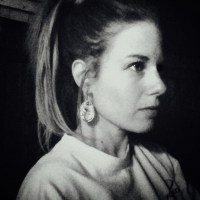
Lyndsay Knecht is an arts writer based in Texas. As associate producer for KERA 90.1, Dallas' NPR station, she launched the online editorial presence of Think with Krys Boyd. Her work has been heard on Monocle 24 radio, in Southwest the Magazine, Texas Monthly, the Tulsa Voice, The Dallas Morning News, the Texas Observer, Bustle, and other publications.

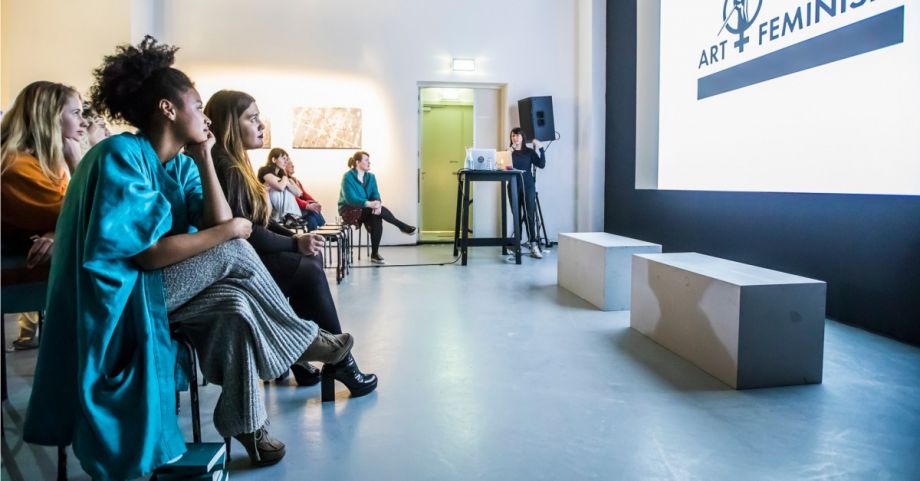

_600_350_80_s_c1.jpg)
